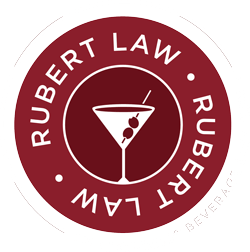Wine producers each have their packaging priorities, perhaps emphasizing a memorable brand name, a unique font, the label art, or graphics. But, alcohol beverages have strict mandatory requirements enforced by the Alcohol and Tobacco Tax and Trade Bureau (TTB) regarding the brand label in the front and the other label often affixed to the back. Wine labeling (which also applies to cider and mead) must include specific details before producers or distributors take it to the marketplace.
Required info on the brand label
The front label must include:
- An appellation of origin: This indicates an area where the fruits grown for the wine, vintage date, list of varietals used, indication of “estate bottled,” and product name.
- Brand name: The makers must include a brand name or brand line.
- Class or type designation: This the type of wine, such as pinot noir or sparkling rose.
Other info often included but not mandatory includes the vintage year (year of harvest), eye-catching graphics, and fanciful description used in addition to the brand name or designation. This additional information must not mislead the consumer in some way.
The other label on the back
This must include:
- Origin of bottler or importer: This includes company name (or DBA name), address, city and state. It must match all applicable permits.
- Government Warning: This must be precisely correct with required punctuation, capitalization and spellings. Only the U.S. version may appear.
- Sulfites: Wine with more than 10 parts or more per million must say “CONTAINS SULFITES.”
- Package size: 750 ML is the typical bottle size.
- Alcohol level: The numerical percent of alcohol by volume is required but can appear on either label. ABV is not an acceptable abbreviation.
Bar codes, additional information about the wine, website addresses are not required on the label.
TTB provides more information
Those looking for more information can go to the TTB website’s anatomy of a label for wine. The site provides more detailed explanations; however, some questions may still not get answered. Wine producers and importers who want to get their labeling right the first time will often turn to alcohol law attorneys who practice here in Florida and are well-acquainted with all state and federal laws.
